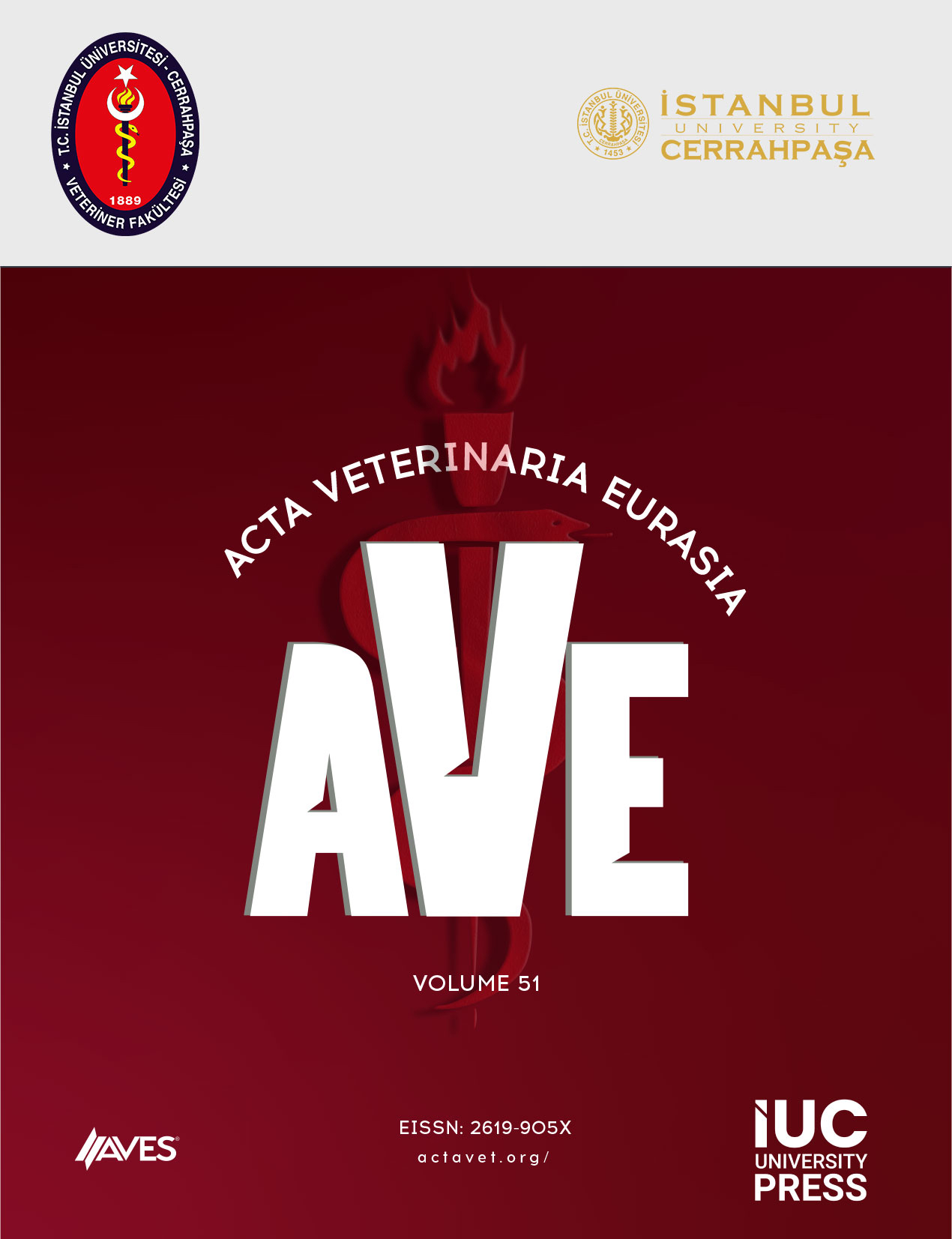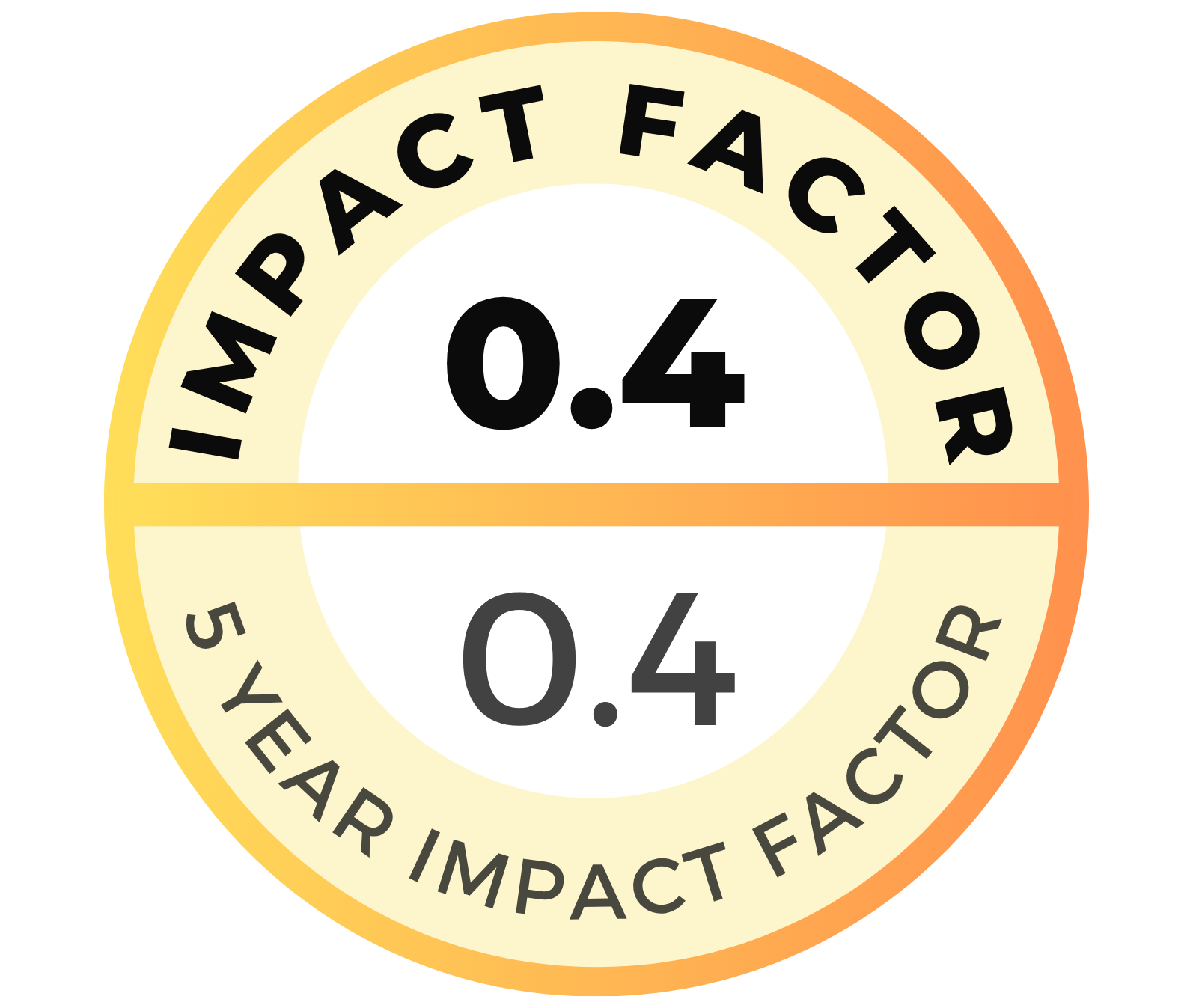In this study, the impact of coronavirus disease 2019 pandemic crisis on veterinary education in selected members of the Mediterranean Network of Veterinary Education Establishments (Bosnia and Herzegovina, France, Italy, Turkey, Jordan, Morocco, and Tunis) was analyzed. The challenges presented by the pandemic and new approaches and practices adopted by different veterinary education establishments in the Mediterranean region to address the long-term consequences of coronavirus disease 2019 on veterinary education were highlighted. Although countries in this region followed different epidemiological policies, restrictions of access of veterinary students to teaching hospitals, extramural facilities, and laboratories were prolonged over the entire time during 2020 and 2021 in most of the veterinary education establishments. It could be concluded that strengthening the existing networks of veterinary education establishments in the region by sharing experiences, standardization of curricula (regional and international accreditation), and networking are seen as an opportunity for improvement of the quality of teaching and competence in this digital era. Unfortunately, more work is still required to achieve such an ambitious agenda including galvanization of public demands for quality education, political will to implement changes, and securing financial support and other resources to continue program development across the region.
Cite this article as: Fejzic, N., Seric-Haracic, S., Ayaz, N. D., De Meneghi, D., Abu Basha, E., Tligui, N., Ettriqui, A., Paolo Gatta, P., Sans, P., Leblond, A., Soubeyran, E., Degueurce, C., Ripani, A., Bouguedour, R., & Parodi, A. (2022). Experiences in delivering teaching and learning practices in establishments of veterinary education of the mediterranean region under COVID-19 pandemic: From crisis to opportunities. Acta Veterinaria Eurasia, 48(2), 143-152.





.png)